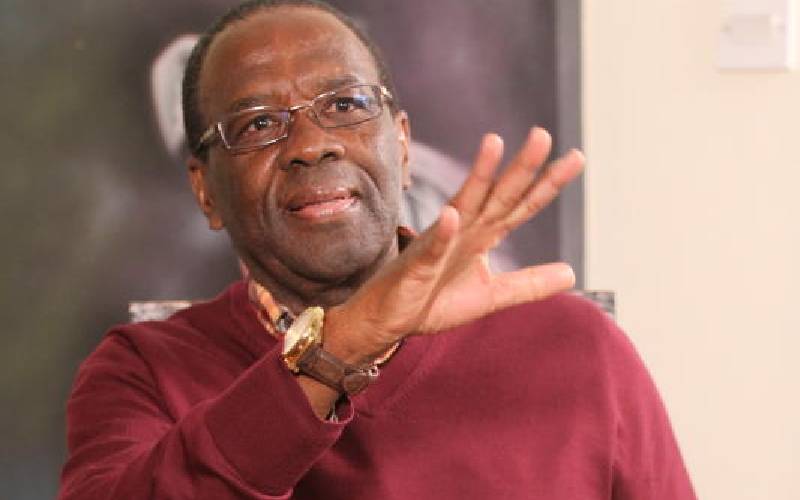×
The Standard e-Paper
Stay Informed, Even Offline

Former Chief Justice Willy Mutunga believes neither Azimio la Umoja of Raila Odinga nor William Ruto’s United Democratic Alliance can deliver Kenyans from the socio-economic challenges they are facing.
In an interview with The Standard from his Nairobi home, Prof Mutunga, who retired six years ago, says he is not persuaded enough to side with either of the coalitions even though some of his friends and reform activists he admires or has worked with are active members on both sides.